Why Does God Allow Evil and Suffering?
There’s no doubt about it … we live in trying times. Pandemics, natural disasters, economic chaos, rioting, crime, corruption, hate – all examples of the evil, pain and suffering we see around us all the time. Or at least can see if we really look. There’s so much of it around us we often numb ourselves or turn away in an attempt to avoid fear, anxiety, sadness, hopelessness and powerlessness. Just persevering thru each “normal” day of our lives is hard enough.
However, in moments of despair when the roar of injustice is too loud to ignore we can’t help but focus on it and wonder “Why?” Why is there so much evil, pain and suffering in the world? Sure, every person on the planet experiences good times and bad times, joys and sorrows, triumphs and failures. But why the bad times, the sorrows, the failures?
In these moments of despair it’s common to blame God. In fact, the most common issue people have when it comes to believing in God derives from all the pain and wickedness we see in the world and must endure in our lifetimes. Typical questions include:
- If God is an all-knowing, all-powerful and loving God, how and why can He allow evil and suffering to exist?
- How can anyone worship a God who allows evil and suffering to persist?
For those forced to endure a painful situation, the questions can get even more personal:
- What did I do to deserve such evil, tragedy and suffering?
- Why is God punishing me while allowing those who are clearly wicked to survive and prosper?
- Why has God abandoned me?
These are very important questions that must be addressed if one is to have a deep and long-lasting relationship with God. In fact, insufficient answers to these questions often result in people losing their faith.
Back To The Beginning …
Finding answers these questions can start by revisiting how we got here in the first place. Let’s begin by looking at Genesis in the Bible to see how humankind’s relationship with God developed.
I know, I know. Some of you may be rolling your eyes and getting ready to bail. You may not believe in what’s written in the Bible. In fact, you might be thinking something like, “Oh no, here we go. Here comes the Bible thumping.” Have no fear. It’s just one source we’ll look at so bear with us. If you just can’t stand it or otherwise want to bypass this section, that’s okay, skip down to the bottom and hit the button to go to the next article.
You’re likely familiar with the creation story in Genesis but watch the first 4 1/4 minutes of this brilliant overview from the Bible Project. In that first half of the video we see that Adam and Eve had a choice: trust God’s definition of good and evil or define good and evil for themselves. That’s where the snake comes into the story leading our biblical ancestors astray. Rather than trusting God, Adam and Eve seized autonomy in defining good and evil themselves. God grants humankind grace with the eventual delivery of a rescuer but the consequence of rebellion is life fraught with grief, pain and death.

Now watch the rest of the video. At the end (starting at 6:50), the Bible Project team summarizes the first part of Genesis by pointing out that God keeps giving humans a chance to “do the right thing with His world and humans keep ruining it.” By choosing to define good and evil ourselves, we all contribute to broken relationships, conflict, violence and death.
Some readers may not believe in the inerrancy of the Bible and the veracity of the “original sin” story captured in Genesis. That’s okay, we’re just getting started. But before proceeding, here’s the key point:
Key Take-Away: Surely we can all recognize that we, as part of the human species, have serious flaws and thus we must take some responsibility for the evil, pain and suffering we see and experience.
However, if we’re “made in God’s image”, how can this be? Why did God make us this way?
Let’s keep digging and look for more answers as we consider our …



Rex Msiska
It nice to have the understanding of God’s through such medium. If i want more of God in me, which I do, I need thus.
aba
I read all the articles, and I’m sorry to say it hasn’t satisfied any of my questions. It all boils down to God created everything knowing what was going to happen. We are all under the control of his plan. So I can’t help but conclude that our free will is an illusion. I really feel like some people make bad choices because it’s part of the script that God wrote. If no one ever made bad choices, then there would be no need for a hell, which we all know some people have to go to hell in order for his plan to be fulfilled. I don’t understand why God keeps giving us chances even though HE KNOWS the outcome. He created us knowing we would disobey but then acts surprised when we keep failing. Then he sends his own son to die on the cross and be coverage for our sins, tells us it’s a free gift, when in fact it’s not really free. We still have to prove ourselves to be a true Christian by not sinning (repenting means to turn away from sin) and literally giving up our entire personal identity to be his servant for the rest of our lives. It’s strange, because he knows we are still going to sin and he even says that few will find the path to heaven. So, it’s almost like hitting the lottery if you actually make it to heaven. The book of Job was very sad to me. This was a man who was apparently good in Gods eyes, but in order to win a bet with the devil he literally allowed the devil to torture Job and then got snarky and sarcastic with Job when job questioned why this was happening to him. Honestly I think it would have been better for us all to be robots who only did good and had no free will. If the cost of so called free will is pain and suffering, I’d say the cost is too high.